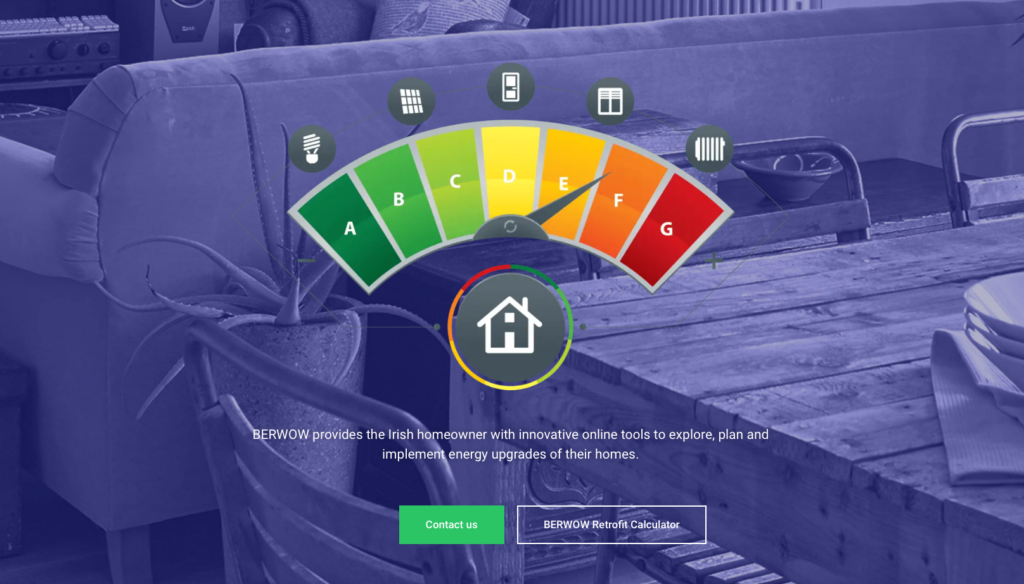Embracing Energy Efficiency: How Homeowners are Adapting to the Growing Demand for Renewable Energy

The recent MyHome survey results indicate a growing trend in the energy retrofit market. As homeowners become more environmentally conscious and seek to reduce energy costs, many are turning to renewable technologies like heat pumps and solar photovoltaic (PV) panels for their energy needs.
Michael Hanratty, CEO of BERWOW, highlights this shift in consumer behavior: “Homeowners are increasingly recognizing the value of renewable energy solutions in terms of both cost savings and environmental impact. This growing awareness is driving the adoption of heat pumps and solar PV panels, which can significantly improve a home’s energy efficiency and reduce its carbon footprint.”
Heat pumps are an increasingly popular choice for homeowners looking to replace gas and oil boilers during whole house retrofits and extensions. These renewable technologies boast an impressive efficiency of over 400% when delivering space heating (4 kWh heat output for every 1 kWh of electricity supplied) and over 200% for water heating. Most homes built in the last 20 years are heat pump ready, meaning that the existing fossil fuel boiler can be easily swapped out for a heat pump with the help of a professional.
Solar Photovoltaic (PV) panels are increasingly popular due to their ability to generate zero-carbon electricity directly on a home’s rooftop. This not only reduces a household’s reliance on grid-supplied electricity and associated costs but also enables homeowners to export surplus energy back to the electricity network for potential revenue. On average, households utilize approximately 50% of the electricity generated by their rooftop PV panels, with the remaining balance being available for export and sale to the grid.
To help homeowners assess their home’s readiness for a heat pump and explore the impact of different PV panel packages, the BERWOW tool is an invaluable resource. It provides information on the Building Energy Rating (BER) calculation, installation costs, and available grants for implementing these renewable technologies.
Embrace the future of energy efficiency and sustainability by exploring the BERWOW tool using your own BER or one for a house similar to yours.
Discover the potential of renewable energy solutions for your home today!
@ 2023 Gamma.ie by Monika Ghita
About Gamma Location Labs
Gamma Location Labs is a technology-focused division of Gamma, dedicated to developing innovative solutions that harness the power of location intelligence. Building on Gamma’s extensive experience since 1993 integrating software, data and services to help clients reduce risk through location intelligence, Gamma Location Labs pioneers cutting-edge technologies, such as BERWOW, to address diverse industry needs. Based in Dublin, Ireland, the company delivers groundbreaking products that drive efficiency, risk reduction and market growth.
About BERWOW
BERWOW was established in 2017 to develop innovative software solutions that would use BER data to enable Irish householders to make informed decisions on deep energy retrofits for their dwellings. Its foundation brought together a unique blend of experts in building energy rating, retrofit finance and locational software solutions to create the BERWOW solution.





